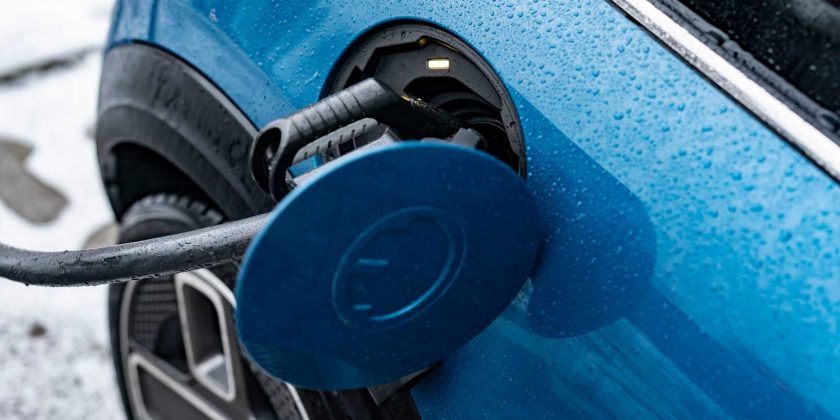The AA research also revealed many drivers have never heard of grants for electric vehicles.
The majority of drivers still think electric vehicles are too expensive, but many have never heard of government grants for plug-in cars. That’s the conclusion of new research by the AA, which says “work is still needed to educate and reassure drivers” ahead of the ban on the sale of new petrol and diesel cars in 2030.
According to the AA’s study of more than 15,500 drivers, a massive 81 percent said they thought electric vehicles (EVs) were still “too expensive”. However, almost two-thirds (63 percent) of respondents said they had “never heard” of the government’s Plug-In Car Grant, which takes £2,500 off the cost of a new EV with a list price of less than £35,000.
Of course, that saving isn’t always obvious, because manufacturers often quote prices after the Plug-In Car Grant (PICG) has been taken into account. And the grant has recently been changed, with the government dropping the subsidy from £3,000 per vehicle and cutting the number of eligible vehicles by reducing the cutoff price from £50,000 to £35,000.
Nevertheless, the research also showed drivers were less clued up on charging subsidies, with 50 percent of respondents claiming never to have heard of the Electric Vehicle Home Charging Scheme. As the name suggests, the scheme sees the government contribute up to 75 percent of the cost of buying and installing a home charging point. The scheme is worth up to £350 per household.
The research also found drivers were concerned about other aspects of electric vehicle ownership, with 77 percent believing an EV will not travel as far on a single charge as a petrol or diesel car will manage on a full tank of fuel. Similarly, 59 percent of drivers think charging an EV takes too long, and 56 percent think the UK’s charging infrastructure might be unreliable.
As a result, 56 percent of drivers said they were “unwilling” to give up their conventionally powered car. And 49 percent of drivers simply said they would “feel less confident” about driving an EV than an equivalent petrol or diesel car.
The research comes after the government moved the ban on the sale of new petrol and diesel cars forward to 2030. The ban had originally been planned for 2040, but it was moved forward in a bid to help improve air quality and reach climate targets.
The AA said education would be key to helping motorists switch over to electric cars when the ban on the sale of new petrol and diesel cars come in. With that in mind, the organisation has teamed up with EV review site Electrifying.com and transport minister Rachel Maclean to start a “myth-busting” initiative.
“After more than a century of the combustion engine leading the charge it is not surprising that some drivers are only just catching up with all things electric,” said AA president Edmund King. “We are here to help petrol heads become electric heads. We are delighted to join with Electrifying.com and the government to bust some of these myths.
“The AA is determined to give power and support to all EV drivers and potential EV drivers. As the number one recovery company for EV drivers with more trained EV-capable Patrols than anyone else, we are here to help. The automotive future is exciting, and we will probably see more change in the next ten years than we have in the last fifty.”
Source: Read Full Article



